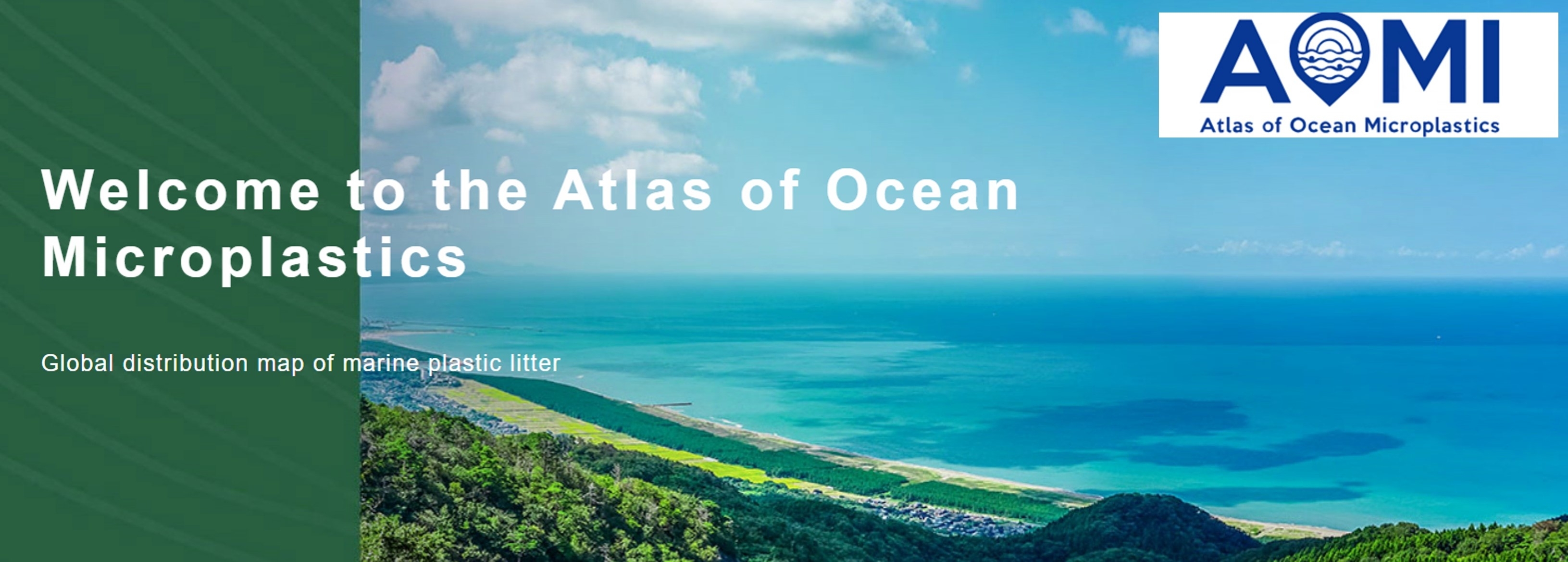Harmonized monitoring and data compilation of marine plastic litter
Data sharing and Database
By applying the Guidelines for Harmonizing Ocean Surface Microplastic Monitoring Methods, comparability of monitoring data on ocean surface microplastics can be improved, but monitoring data from around the world has not yet been compiled in a comparable manner. Therefore, Japan proposed a new global monitoring data sharing system at the G20 Workshop held by the MOEJ in September 2020.
In addition, the MOEJ hosted International Workshop on Marine Debris Data Harmonization in August 2023 to enhance the level of data, including associated metadata identification to support global data harmonization for selected key marine debris indicators that will underpin the successful mitigation of plastic pollution.
In addition, the MOEJ hosted International Workshop on Marine Debris Data Harmonization in August 2023 to enhance the level of data, including associated metadata identification to support global data harmonization for selected key marine debris indicators that will underpin the successful mitigation of plastic pollution.
Marine plastic litter mapping database “Atlas of Ocean Microplastics (AOMI)”
The MOEJ and the expert team have developed a marine plastic litter mapping database “Atlas of Ocean Microplastics (AOMI)”.
Atlas of Ocean Microplastics (AOMI) (external link)

What is AOMI?(Leaflet/PDF)

The MOEJ is collecting monitoring data on ocean surface microplastics from researchers, institutions and governments around the world and developing a database system which can provide the collected data with 2D maps of sampling locations and distributions of particle density. The data is registered in the database system in accordance with Guidelines for Harmonizing Ocean Surface Microplastic Monitoring Methods.
Promoting data sharing through this database system can contribute to development of monitoring networks around the world and improvement of data value. Also, this database system is expected to contribute to policy makers, researchers and citizens by providing easy-to-understand 2D maps.
Atlas of Ocean Microplastics (AOMI) (external link)

What is AOMI?(Leaflet/PDF)
The MOEJ is collecting monitoring data on ocean surface microplastics from researchers, institutions and governments around the world and developing a database system which can provide the collected data with 2D maps of sampling locations and distributions of particle density. The data is registered in the database system in accordance with Guidelines for Harmonizing Ocean Surface Microplastic Monitoring Methods.
Promoting data sharing through this database system can contribute to development of monitoring networks around the world and improvement of data value. Also, this database system is expected to contribute to policy makers, researchers and citizens by providing easy-to-understand 2D maps.
How to collect and submit data
This database system will collect monitoring data from monitoring conductor, such as researchers and institutions, around the world and accept data submission. In data submission, the following “Data Entry Form Sheet & Data List Sheet” which was developed based on the guidelines can be utilized. (How to input data is contained in the sheet.)
If you have any questions regarding to how to download and provide data, please contact the email address below.
Email: aomi-contact#env.go.jp
*When sending an email, please change "#" to "@" in the address
If you have any questions regarding to how to download and provide data, please contact the email address below.
Email: aomi-contact#env.go.jp
*When sending an email, please change "#" to "@" in the address